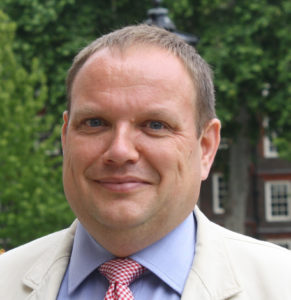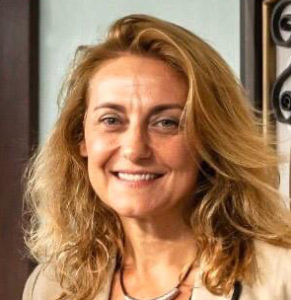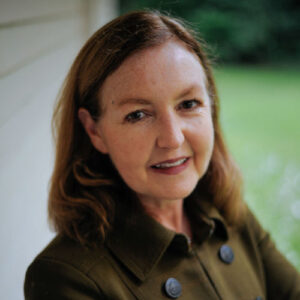Judicial Overreach and Reasonable Accommodation: Some British Reflection on the US Supreme Court Decision in Obergefell v. Hodges

Professor Mark Hill QC is an adjunct professor at Cardiff University, Pretoria University, Notre Dame University Law School, Sydney and King’s College, London; and is a fellow at the Center for the Study of Law and Religion at Emory University, Atlanta. He practices at the Bar in London and sits as a judge on the Midland Circuit.
The hallmark of good judgments is their brevity. Short sentences promote clarity. The best sentence in Obergefell v. Hodges is written by Chief Justice Roberts. It comprises seven words: “But this Court is not a legislature.” Unfortunately Roberts’s was a dissenting opinion. By a majority of 5:4, the US Supreme Court effectively legislated to permit gay marriage. I am not opposed to same-sex marriage. On the contrary, I am a champion of LGBT+ rights. Nor am I opposed to judicial activism. The common law is the better for the occasional gentle nudge. My unease, viewed from the UK, is with the starkness of the outcome and its failure to accommodate religious sensibilities. As Justice Scalia remarks in his barnstorming dissent,[1] the consequence of the decision was that the people of America lost “the freedom to govern themselves.” (more…)


